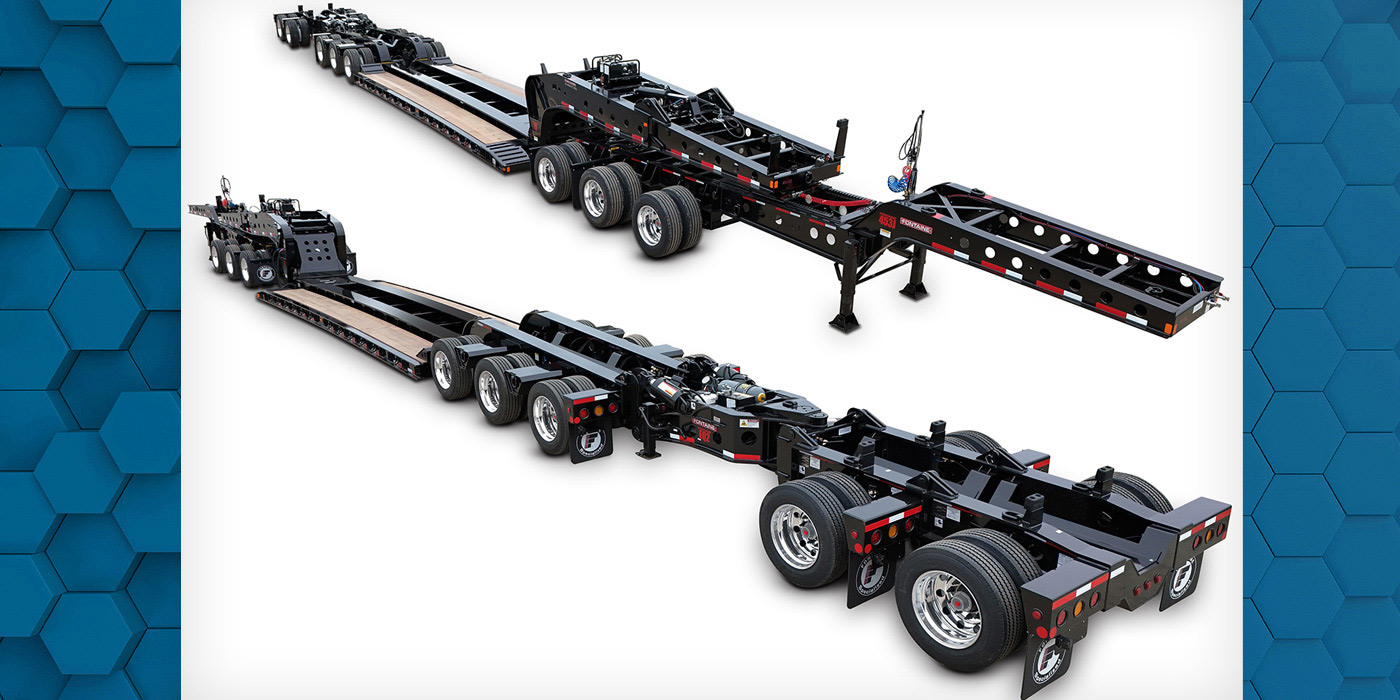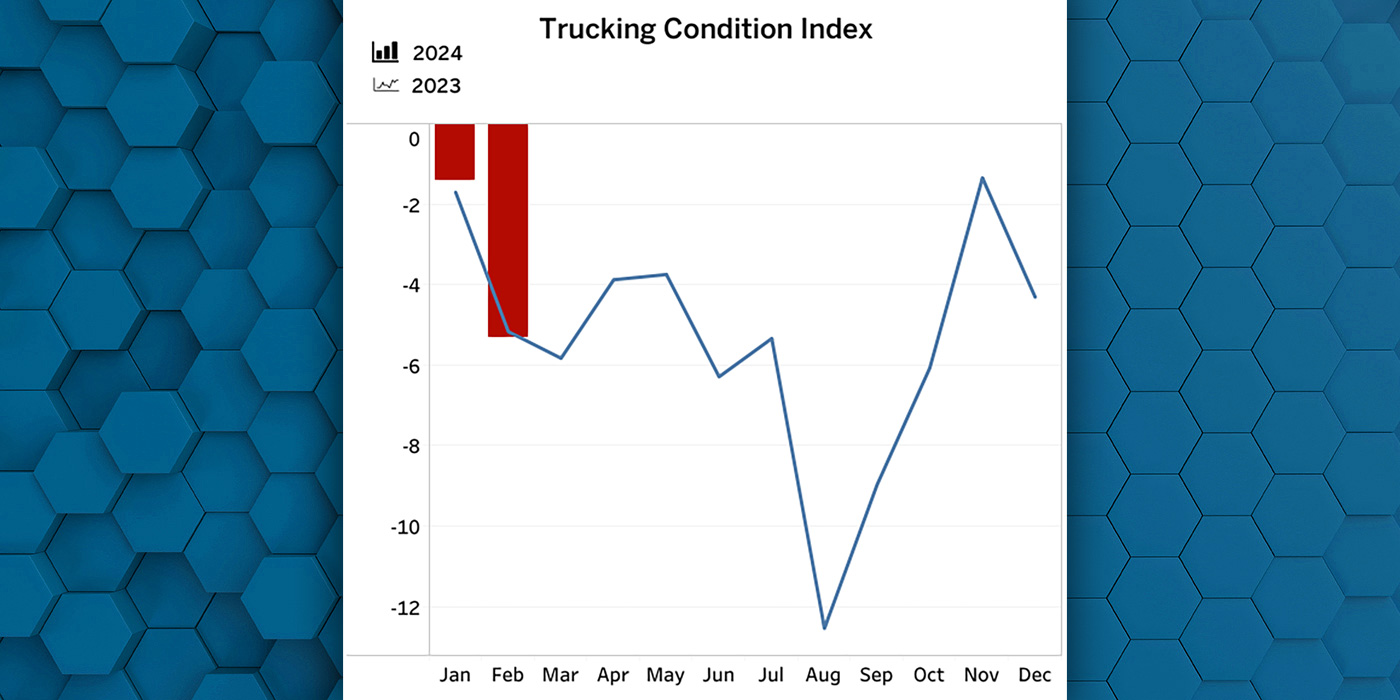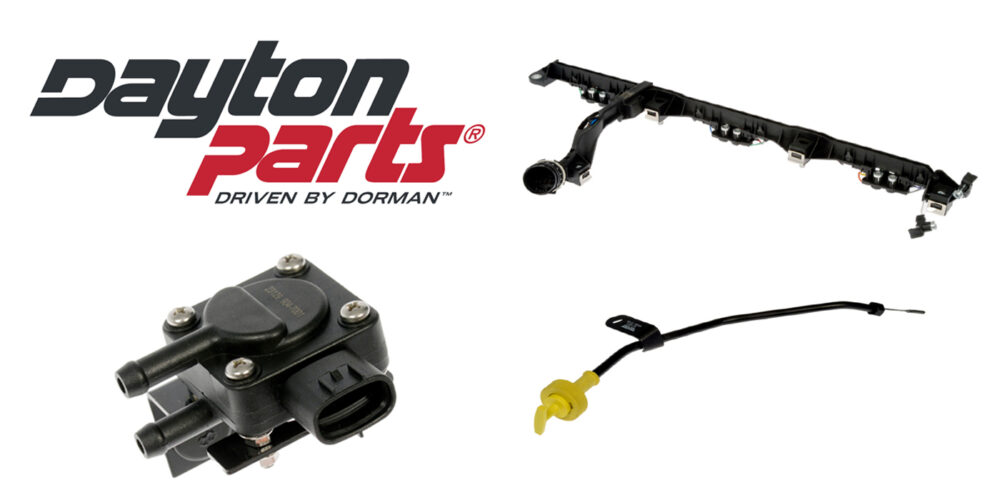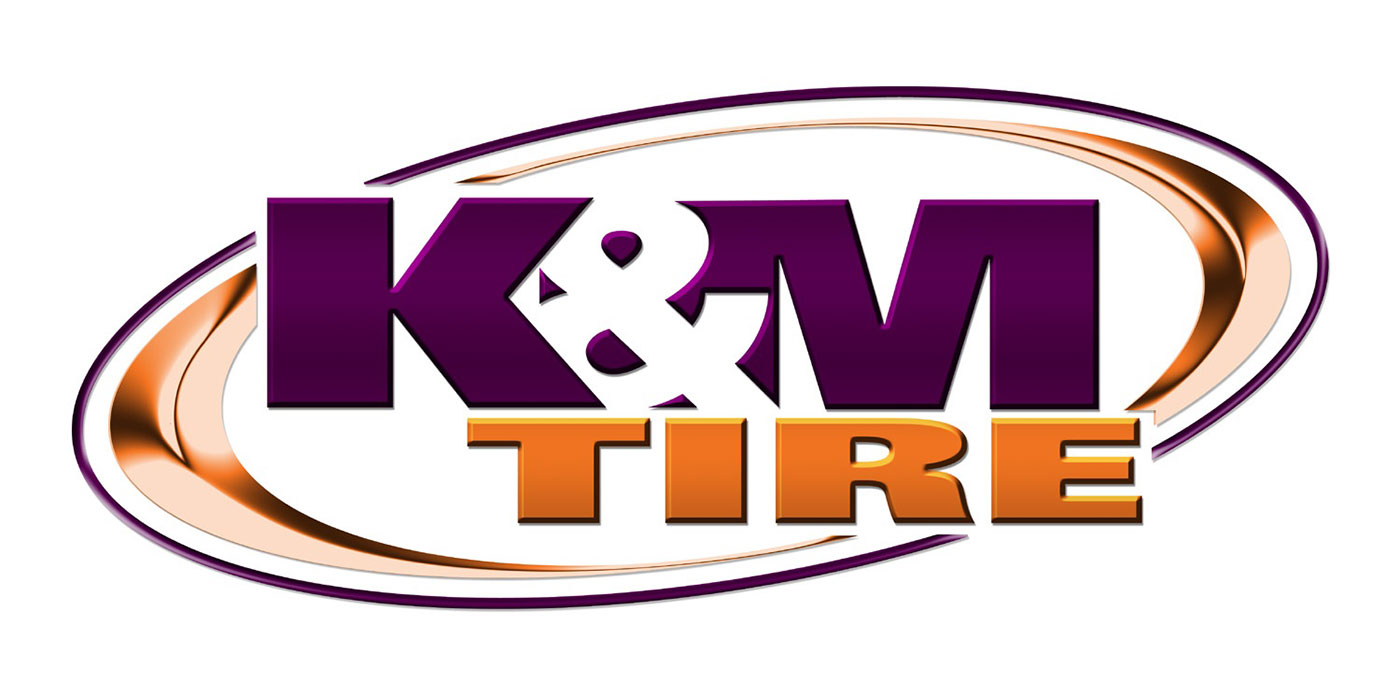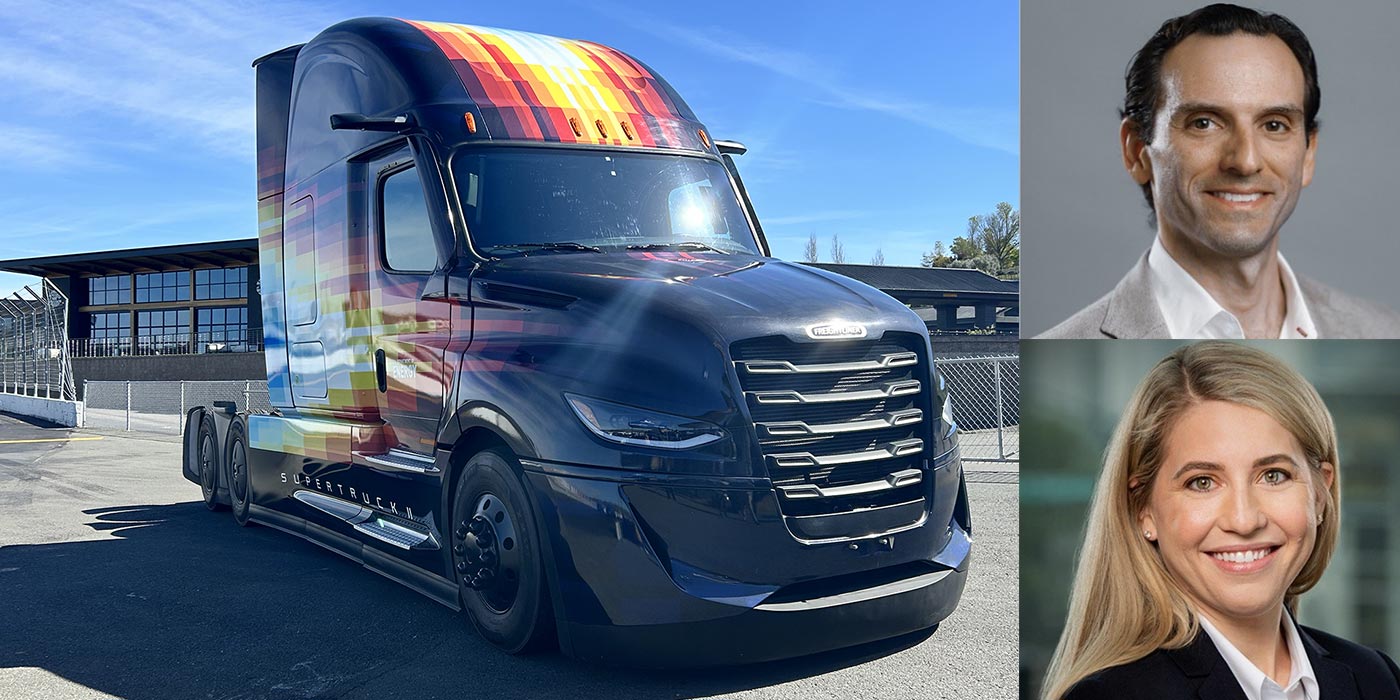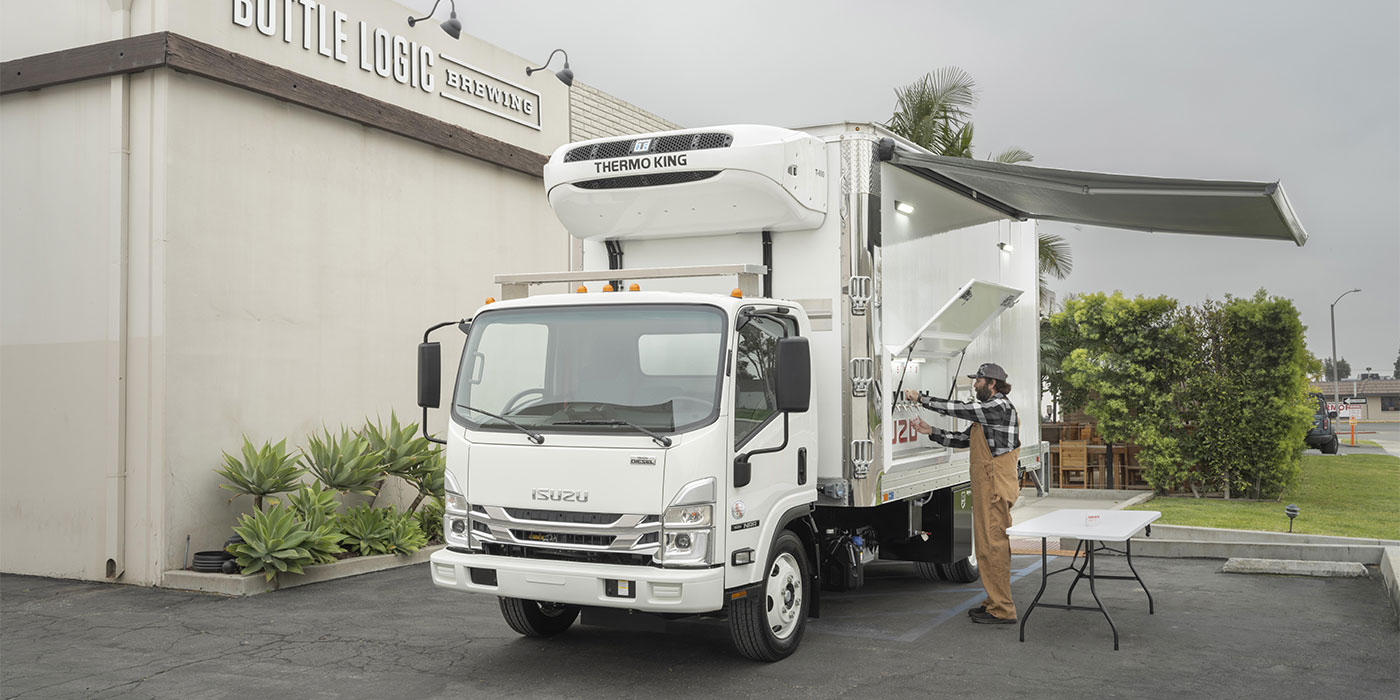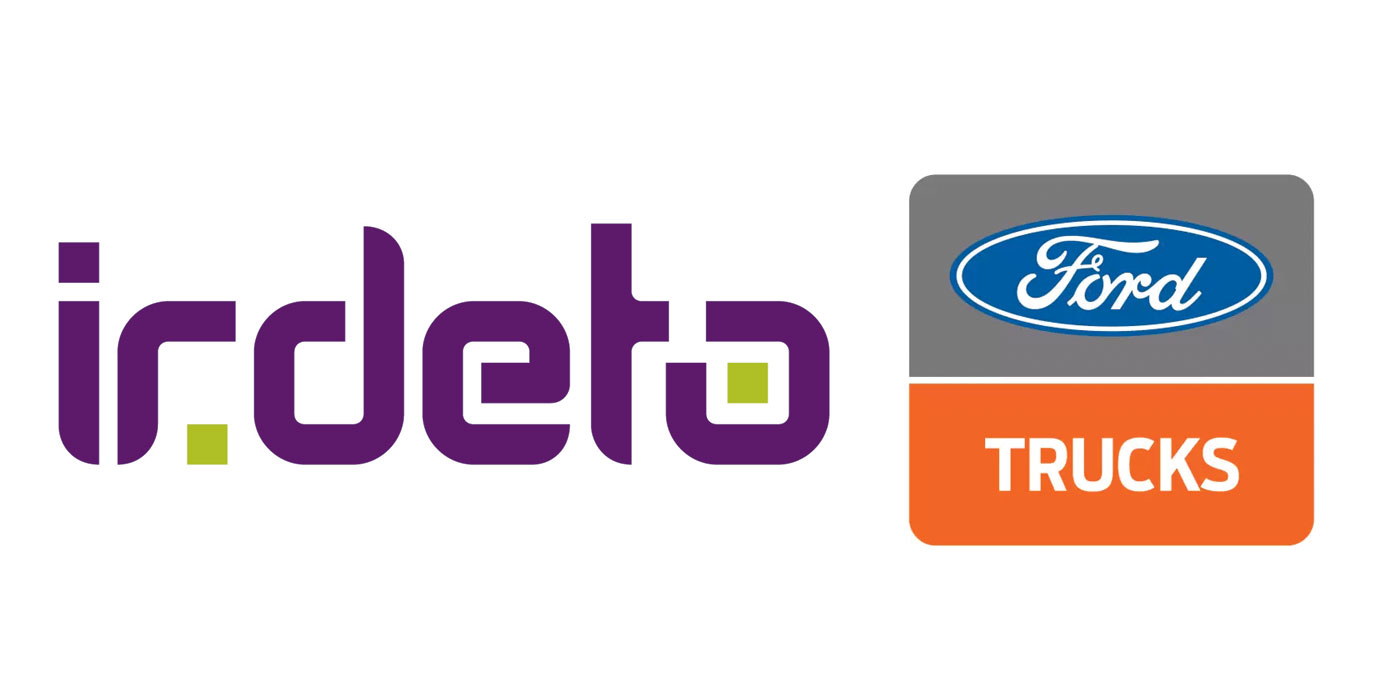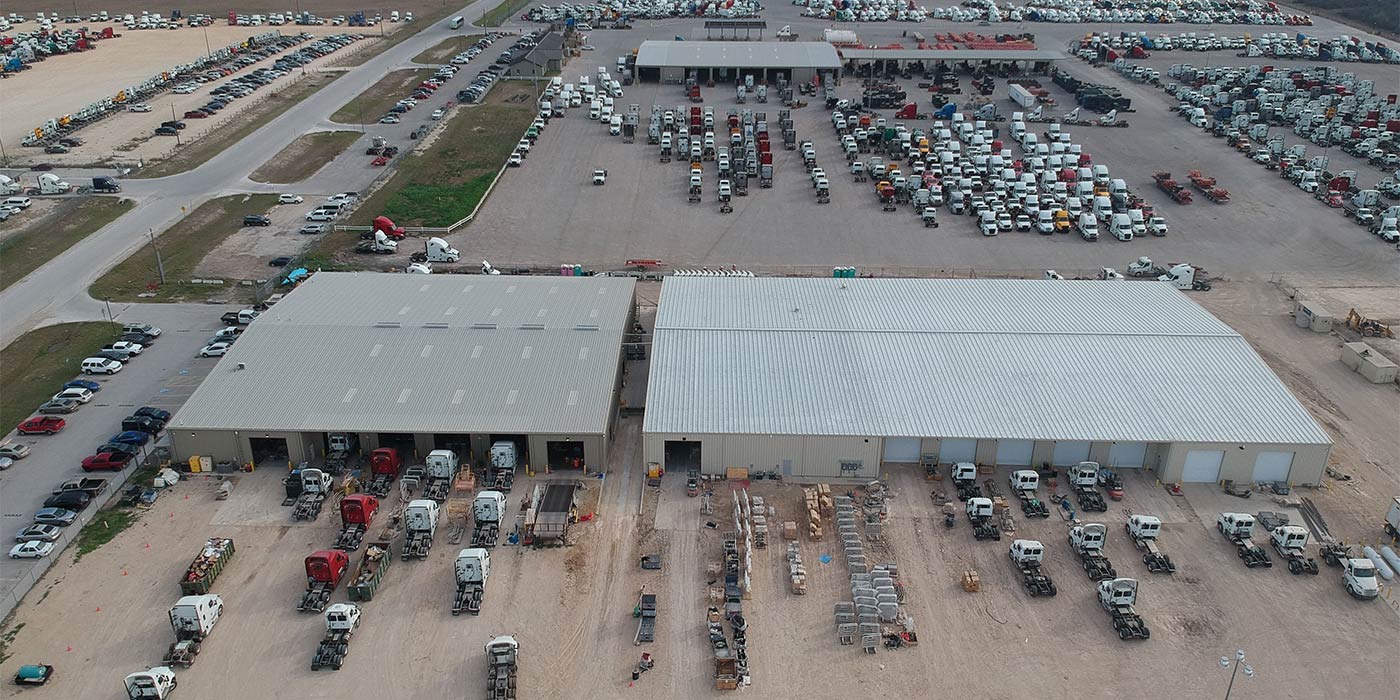The lackluster economy has forced many trucking companies to search for new ways to cut operating costs and improve efficiencies. One emerging solution is outsourcing, which allows manpower requirements of deep business cycles to be absorbed by third-party suppliers. But trusting others with important supply and service issues can be risky business if third-party partners aren’t chosen wisely or evaluated often and fairly.
When considering outsourcing, the expectations of each party need to be considered, and the parties need to discuss and agree on the responsibilities of each before implementing the agreement. This does not need to be complex; overly formalized agreements such as signed contracts are not necessary. Many of the most successful partnerships have been sealed with a handshake. When choosing to work with a tire supplier, for example, consider four possible levels of partnership to avoid surprises and to maximize success.
The first level is choosing a good tire supplier who delivers quality products and/or services in a timely fashion for which you establish and agree upon terms and payment. Multiple partners are often required to make this basic type of relationship work, since you may not always be the supplier’s top priority.
At the next level is selecting a preferred supplier. This means that the chosen partner will always be your first choice given that the tire suppliers prices, products and supply are reasonably competitive and that you can establish that your needs will be prioritized.
A third level is selecting a sole supplier. This means that one chosen partner will handle all of your needs in defined areas of business, except for extraordinary circumstances. You have essentially put “all of your eggs in one basket,” which distances other potential partners. Therefore, sole suppliers should be willing to obtain the tire sizes and types you require from another source when they do not have them in stock. A sole supplier should function as your go-to source for all of your tire needs. In exchange, you should be prepared to share critical plans and financial issues that might affect one another’s long-term planning within the relationship.
The fourth and most complex level is the true business partnership. This level of involvement is rarely reached, and isn’t necessarily the right model for most relationships. It can, however, offer far-reaching rewards for those parties dedicated and willing to nurture it. Requirements are a true understanding of, and interest in, each other’s business operations and long-term success. Inherent loyalty, trust and support must be assured on both sides. Although successful full-business partner relationships have existed between tire suppliers and OEMs—and between tire suppliers and fleets—such deep commitment ventures are rare. Failures often occur because of changing personnel, business cycles and ownership as well as mergers and/or loss of dedication.
Although the first three levels of partnership may be easier to maintain, it is important to recognize that none of these relationships is forever. Much emphasis is always placed on the beginning of the relationship, with insufficient discussion about a possible ending.
Regularly scheduled reviews of the partnership should be an essential consideration, along with a clear understanding of who within your company has the ultimate responsibility for monitoring the success of the relationship. Partnerships can be undermined by factors such as personal agendas and inter-departmental differences.

